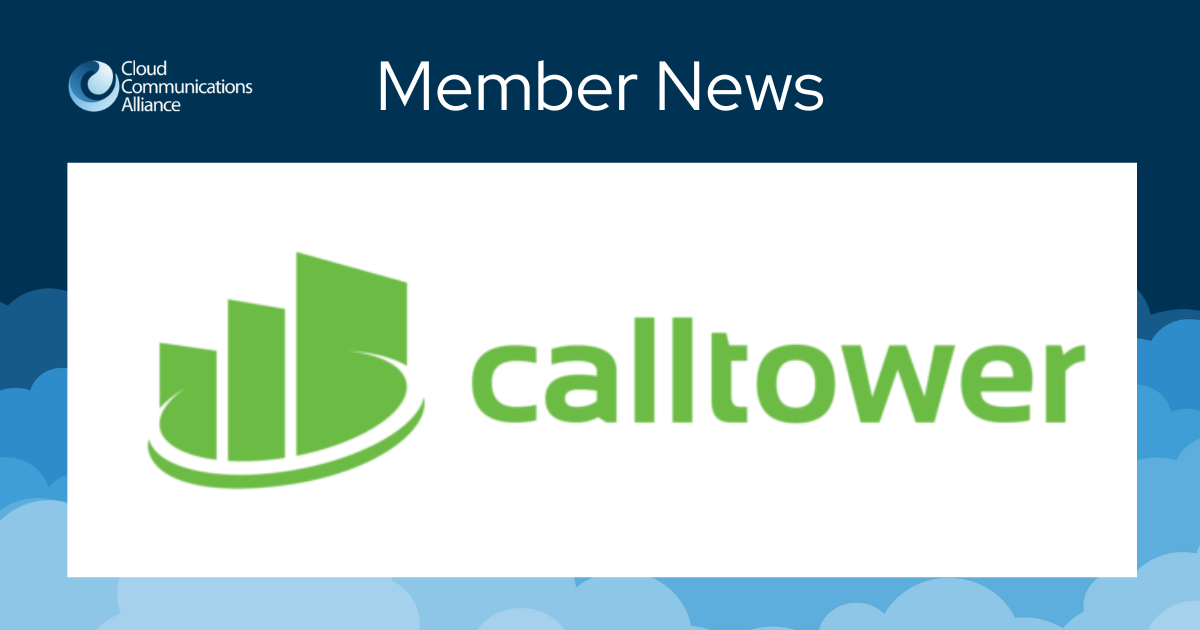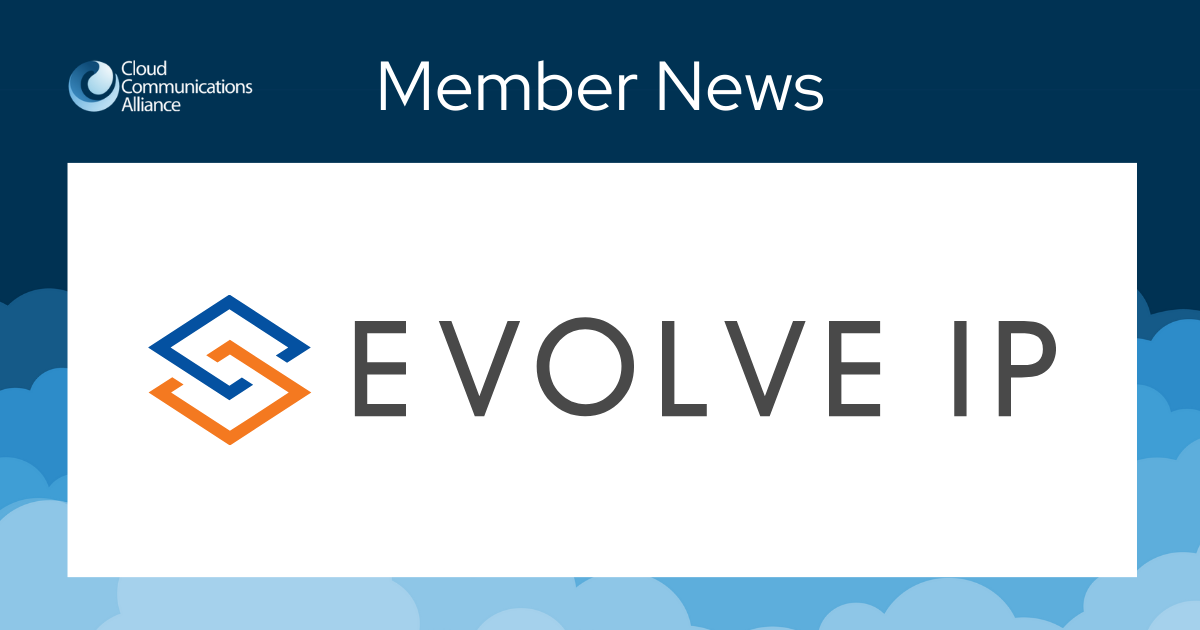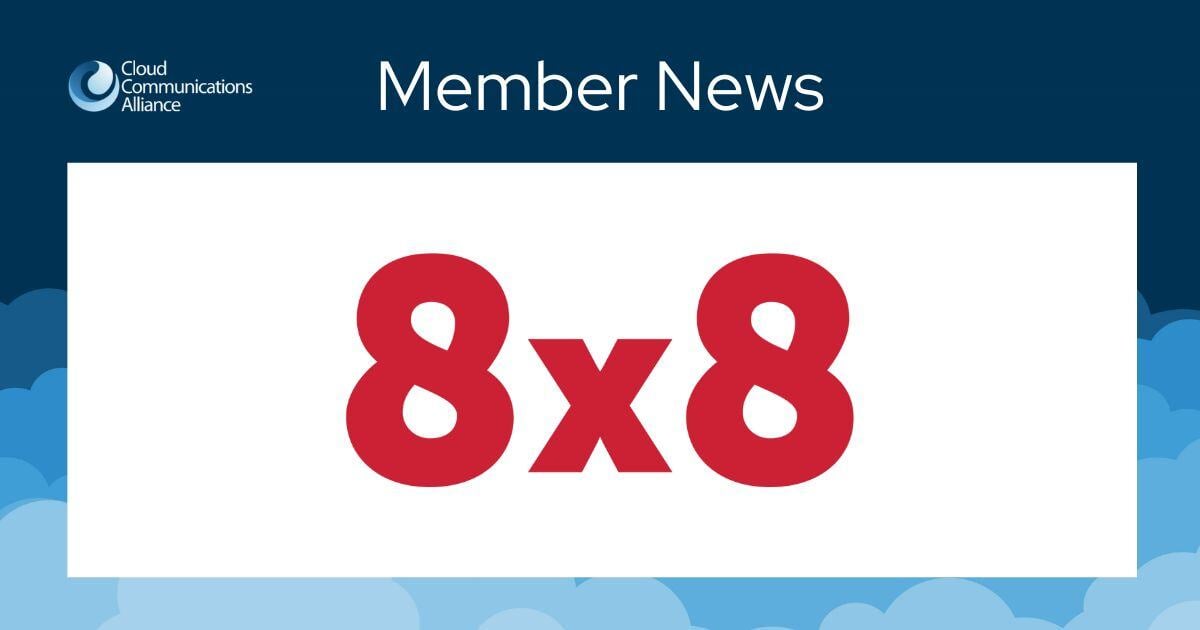FCC Punts Expansion of Universal Service Contribution Base and Changes to Contribution Methodology off to Congress

FCC Punts Expansion of Universal Service Contribution Base and Changes to Contribution Methodology off to Congress
On August 15, 2022, the Federal Communications Commission (“FCC” or the “Commission”) released a report to Congress on the future of the federal Universal Service Fund (FUSF) (the Report). The Report is required by the Infrastructure Investment and Jobs Act (IIJA) and offers recommendations for modifications to the FCC’s existing universal service programs in light of the IIJA.
The FCC recommended initiating a proceeding to consider the future support needs of networks serving high-cost and other hard to serve areas; evaluate the funding needs of existing and future providers that have already deployed broadband networks and consider the creation of new support processes; and continue to administer high-cost support already committed and consider potential enhancements to these programs.
Most notably, though, the Commission signaled that despite much-needed cash infusions to keep the USF sustainable, the FCC it not ready to expand the USF contribution base to big tech companies, or even broadband providers, without Congress’s blessing.
The FCC implied that it will not broaden the FUSF contribution base or shift to a different contribution methodology (e.g., to require contributions based on the number of active lines, or the number of made and received calls in a billing cycle) without clarifying legislation, because the industry is too deeply divided on whether (and to what extent) the Commission has statutory authority to make such changes. Thus, with Congress as deeply divided as commenters’ positions on the scope of the FCC’s authority to fix the FUSF, we expect the FUSF contribution factor to continue to rise in the coming years, reaching unprecedented levels.
Section 254(d) of the Communications Act directs that every telecommunications carrier that provides interstate telecommunications services shall contribute, on an equitable and nondiscriminatory basis, to the specific, predictable, and sufficient mechanisms established by the Commission to preserve and advance universal service. To this end, the FCC has determined that any entity that provides interstate telecommunications services to the public for a fee, including interconnected Voice over Internet Protocol (i-VoIP) providers, must contribute to the FUSF, subject to certain narrow exemptions. FUSF contributions are determined using a quarterly contribution factor that is calculated based on the ratio of total projected quarterly costs of the universal service support mechanisms to contributors’ projected end-user interstate and international telecommunications revenue.
As consumers transitioned from traditional telephony to VoIP, broadband, and other forms of modern communication, FUSF contributions have declined dramatically. As a result, the FCC has gradually increased the quarterly contribution factor from 6% in 2001 to roughly 30% in recent months, in order to keep its universal service programs financially sustainable. As the contribution factor approached and exceeded 30%, the need to reform the funding methodology became increasingly clear. And, just as many hoped that the FCC would intervene to extend contribution obligations to broadband providers and even large technology companies like Facebook, Netflix, and Google to stabilize the quarterly contribution inflation, the Commission dashed those hopes by expressing an unwillingness to act absent congressional approval.
In the Report, the FCC observed that “there is significant ambiguity in the record regarding the scope of the Commission’s existing authority to broaden the base of contributors.” Based on this finding, the Commission recommended that Congress “provide the Commission with the legislative tools needed to make changes to the contributions methodology and base in order to reduce the financial burden on consumers, to provide additional certainty for entities that will be required to make contributions, and to sustain the Fund and its programs over the long term.” While the FCC did not go so far as to definitively conclude that it lacks legal authority to broaden the contribution base or adopt a different funding methodology, its call for congressional action suggests that the Commission is not prepared to initiate a rulemaking to reform FUSF funding mechanisms. And even if it does institute such a rulemaking, the issue is sufficiently controversial to give the FCC justification to take years to analyze the record before promulgating final rules.
It is also possible that the FCC believes that it does already have statutory authority to broaden the FUSF contribution base — at least to broadband providers, but that it is leveraging the opportunity to bring Democratic and Republican lawmakers together to provide greater legislative clarity. Specifically, the Commission may be deliberately teeing up a compromise position that would result in big tech coming under its jurisdictional umbrella for the limited purpose of FUSF support to appease Republicans, while adding broadband to the contribution base to appease Democrats, in an effort to gather necessary bipartisan support to implement the sweeping changes needed to keep the FUSF afloat. This strategy is particularly likely given the government’s inability to scrape enough votes to confirm an FCC commissioner vacancy that has been in place for well over two years, even though the debate around FCC commissioners is not nearly as contentious as, for example, around U.S. Supreme Court justices.
Regardless of the FCC’s ultimate motives behind its recommendation, the reality is that neither bit tech nor broadband providers will be contributing to the FUSF anytime soon. As a result, we expect the quarterly contribution factor to continue to increase to keep up with the ongoing decrease in activity that generates qualifying revenue. In fact, some experts predict that within a year, the contribution factor will reach 40%. Moreover, Commissioner Carr warned in a separate statement accompanying the Report that the factor could be as high as 75% by 2026.
If you have any questions, please contact Jonathan S. Marashlian at (703) 714-1313 or jsm@commlawgroup.com from the Comm Law Group, who prepared this announcement.


